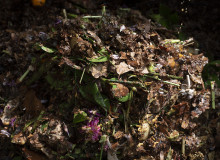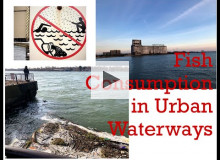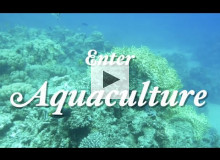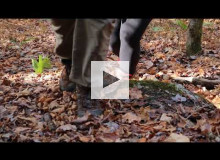storyfest2021
Check out the Storyfest 2021 winners!
SUNY ESF
This is an exploration of the languages of nature and the first step into understanding how to establish more durable and intimate environmental relationships.
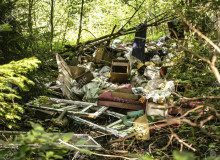
(Photo by Viktoriia Ponomarenko)
Planet Forward Senior Correspondent
The invention of plastic has transformed human life. Plastics are incredibly convenient, and far more affordable than alternative materials. However, the downsides are overwhelming.
Planet Forward Correspondent | George Washington University
Despite our obsession with food, we throw so much of it away. Learn more about composting, a change you can make at home to help the earth.

(Photoillustration by Sejal Govindarao. Image courtesy Canva; screenshot of The Earth Institute at Columbia University)
Planet Forward FAO Fellow | George Washington University
Nordic nations are known for their sustainability-first approach to life. Now, universities in the United States are taking a similar approach when integrating sustainability into academia.
Planet Forward Correspondent | SUNY Environmental Science and Forestry
In the media and pop-culture, fishing is depicted as a recreational opportunity for relaxation, excitement, and meditation. How does this compare to those who must fish in visibly dirty waters for their next meal?
The George Washington University
Environmentalists and scientists have always asked, how can we save our oceans? One solution, aquaculture, instead asks us to look at ways in which the world's oceans can save themselves.
Worcester Polytechnic Institute
A short story about sea level rise and flooding in East Boston.
SUNY ESF
After finding juvenile American Chestnuts during a hike with my dad, I discovered the historical journey and possible future of the American Chestnut.
Bates College
We should remember the critical work the Black Panther Party did in their communities to help right injustices, and help prevent hunger among children and communities as a whole.
George Washington University
For many years U.S. water regulation was an issue with bipartisan support. So what changed? And how are those changes affecting our water and wetlands?


